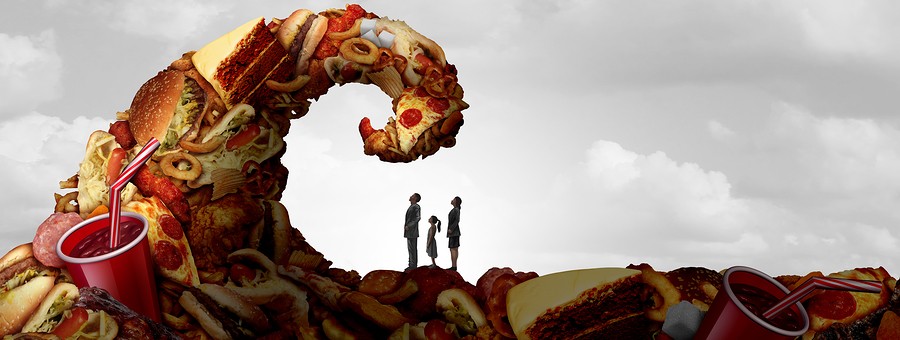It’s not just you. There are some foods that we just can’t get enough of—even when we have had enough. Interestingly these are not the whole, unprocessed, high-fiber foods found in nature. They are highly processed foods high in fat, sugar or both.

Download Healthful Habits: What are the Most Addictive Foods
It’s Not a Lack of Willpower
It’s not a lack of willpower that causes the overeating of addictive foods. These foods overload the pleasure centers in the brain. The more we eat these foods, the more we crave them. Not only that, but we build up a tolerance so it take more of the addictive food to provide the same level of satisfaction.
It’s Intentional
Food companies intentionally make and promote foods to have these addictive qualities—looking out for their bottom line, not our health. After all, if they get you addicted to their particular brand of unhealthy food, they hope to have a customer for life.
Most Addictive Foods
| Pizza | Cheeseburgers | Rolls |
| Chocolate | Pop (regular) | Buttered Popcorn |
| Chips | Cake | Breakfast Cereal |
| Cookies | Cheese | Gummy Candy |
| Ice Cream | Bacon | Steak |
| French Fries | Fried Chicken | Muffins |
Do You Have a Food Addiction?
The Yale Food Addiction Scale is a test use to identify potential food addictions. If you think that you might have a problem, ask yourself the following questions.
Do you eat even when you are full?
Do you go out of your way to enjoy certain foods when they aren’t readily available in your home?
Do you find yourself finishing off a bag of chips or package of cookies when you intended to only eat a few?
Do you have intense cravings?
Do you recognize that certain foods are harder than others for you to stop eating?
Do you choose to eat rather than spend time with friends and family?
Do you avoid activities and events that you once enjoyed because of a fear of overeating?
Has your overeating restricted your lifestyle?
How to Break Your Habit
Avoid highly addictive foods altogether and replacing them with the foods found to be least addictive. Cutting back and trying to eat smaller portions of addictive foods, like trying to cut back on drugs or alcohol when addicted, doesn’t usually work. Take these steps to break a food addiction:
- Write down a list of the foods that cause cravings and/or binges. These are the trigger foods to avoid completely.
- Replace trigger foods with healthier options. Instead of ice cream, eat a sugar free fudgesicles or a blend of low sugar yogurt, milk and frozen fruit. Make pizza with cauliflower crust, healthy veggie toppings and a limited amount of cheese. A piece of a low sugar protein bar can replace a cookie.
- Plan out six small meals and snacks. When you are not driven by physical hunger and have healthy foods easily available, it is easier to make the better choice in the moment.
Many health professionals and support groups can aid in overcoming a food addiction. You don’t need to go it alone.

